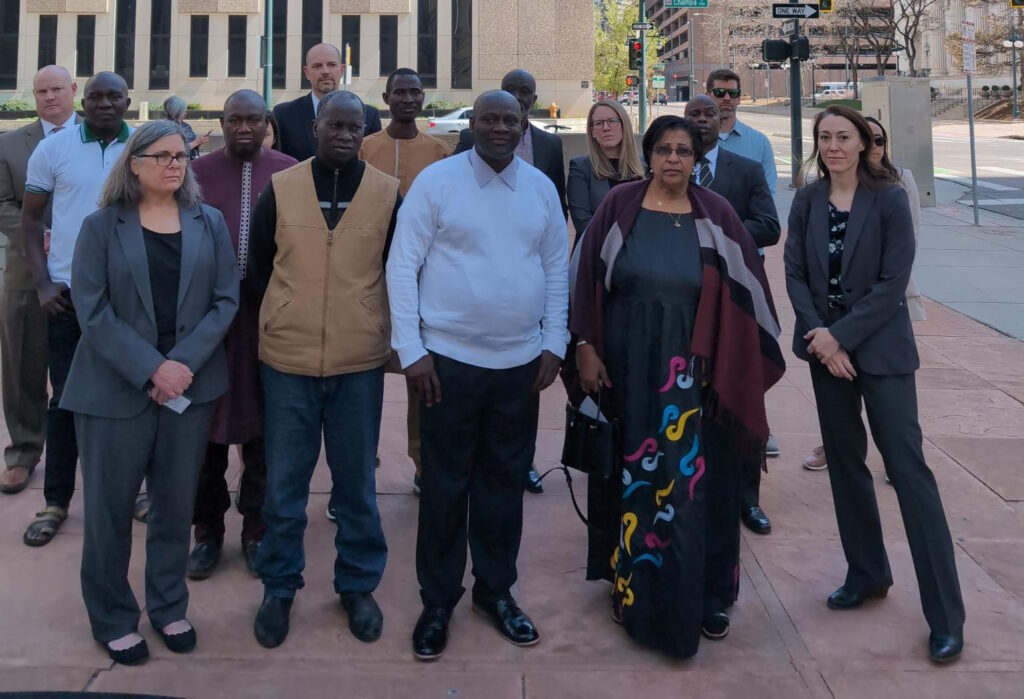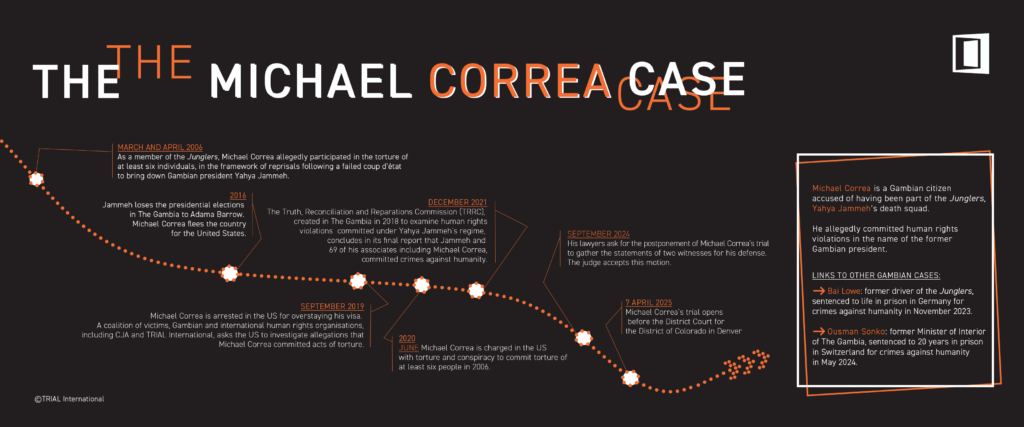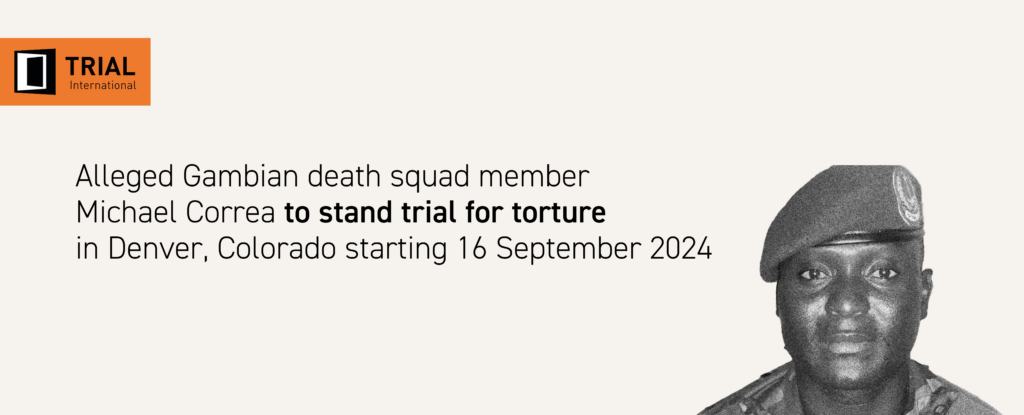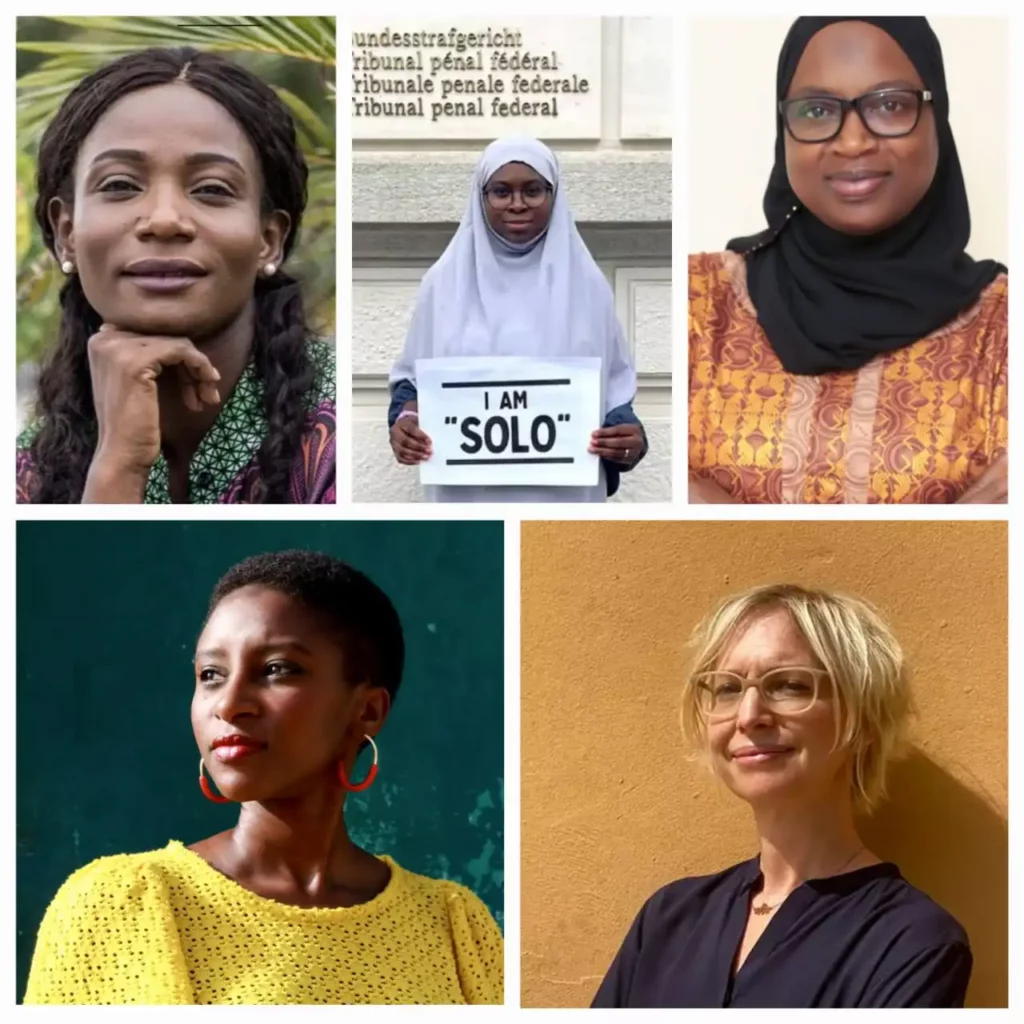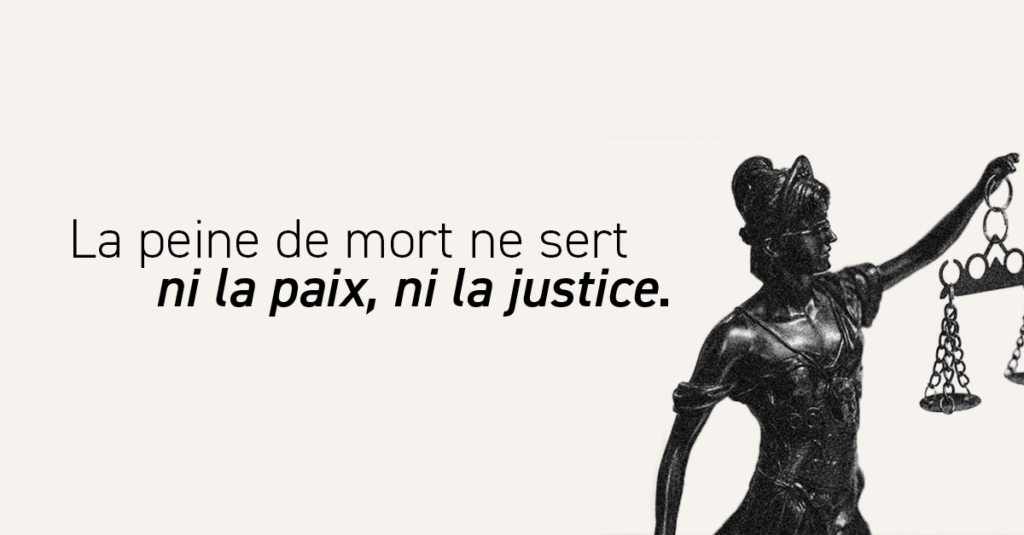An end to impunity for sexual violence in Burundi
In November 2017, the TRIAL International team undertook a fact-finding mission in Rwanda. The goal was to identify cases of sexual violence committed in Burundi during the crisis that erupted in April 2015.
The TRIAL team spoke to 41 victims, including 28 women and 13 men. Three victims were minors at the time of the events; the youngest was 11 and the oldest 53 years old.
Similar facts
Most of the crimes documented were committed between April and December 2015 and bear similarities depending on the victim’s sex:
- Women were generally at their home when they suffered repeated rapes, often accompanied by insults, threats, and beatings.
- Men usually suffered abuse following their arrest: during questioning or in a detention facility, whether official or not. They were all subject to similar methods of torture of a sexual nature.
In most cases, victims were targeted due to suspected or proven opposition to the regime. As such, they were attacked on account of their political activism, due to their participation in protests against a third term, for their family’s political opinions, because they lived in so-called “challenging” neighborhoods, or due to suspected links with armed opposition groups.
Without fail, the crimes were committed by state agents or individuals under their authority. In most cases, the atrocities suffered were the result of coordinated actions between the Imbonerakure (the youth wing of the ruling party) and members of defense and security forces, namely police officers, the national intelligence service (SNR), or the army.
Reports to denounce the abuse
TRIAL International decided to make the voice of survivors of sexual violence heard among key actors of the international community by presenting to them the results of the fact-finding mission.
Reports tailored to the mandates of the organizations contacted were therefore submitted to the Commission of Inquiry on Burundi, the Special Rapporteur on violence against women, its causes and consequences, the Special Rapporteur on Rights of Women in Africa, and other experts in sexual and gender-based violence.
“Sexual violence is too often underdocumented and underreported because there is still a great taboo around the subject. Thanks to these reports, we hope to raise awareness and encourage the international community to be more committed to helping such victims,” concludes Pamela Capizzi, head of Burundi program, “it is time to put an end to abuse and the impunity of the responsible.”

